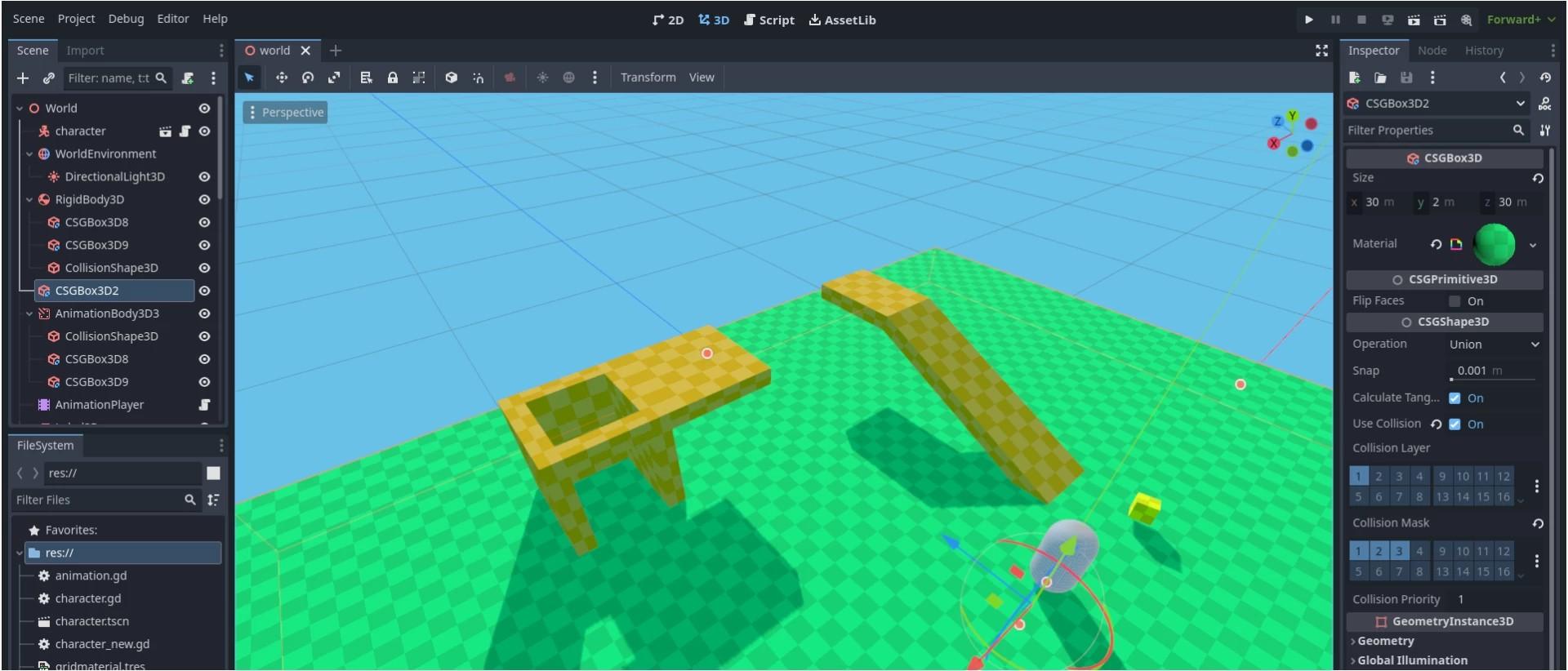Entroplayistr: Mastering the Art of PC Game Development
- Home
- Entroplayistr: Mastering the Art of PC Game Development

Entroplayistr: Mastering the Art of PC Game Development
- Jared Lee
The allure of creating digital worlds, where players explore, conquer, and tell their own stories, is a powerful motivator. PC game development is not merely a technical endeavor; it's a profound journey into art, engineering, and storytelling. It demands a unique blend of creative vision and meticulous execution, transforming abstract ideas into tangible, interactive experiences that captivate millions globally.
Embarking on this path requires more than passion; it necessitates a deep understanding of diverse disciplines. From intricate coding and robust engine architecture to compelling narrative design and stunning visual artistry, every element must coalesce seamlessly. The complexity can be daunting, yet this multifaceted challenge makes the pursuit so rewarding. Developers must navigate evolving technologies and player expectations.
In today's dynamic gaming landscape, staying ahead means embracing continuous learning and adaptability. New tools, frameworks, and design paradigms emerge constantly, reshaping how games are conceived and delivered. A successful development team must foster innovation, always seeking fresh approaches to engage audiences. This commitment to evolution keeps the industry vibrant and exciting for creators and consumers.
Mastering the art of PC game development involves a systematic approach, beginning with a strong conceptual foundation and progressing through iterative design and rigorous testing. Entroplayistr understands that it’s about understanding player psychology, crafting intuitive interfaces, and building resilient systems that can withstand the demands of complex gameplay. Without a solid methodology, even the most brilliant ideas can falter, underscoring the importance of both artistic flair and disciplined project management throughout the entire lifecycle.
The impact of a well-crafted PC game extends far beyond mere entertainment. It can inspire, challenge, and connect people across geographical boundaries, fostering vibrant communities. This profound potential drives many developers to dedicate countless hours to perfecting their craft. The joy of seeing players immerse themselves in a world you've built is an unparalleled reward, fueling the creative spirit.
Key Areas of Application in Game Development
- Game Design & Prototyping: This initial phase involves conceptualizing core mechanics, narratives, and user experience. Pros: Allows for rapid iteration and validation of ideas, significantly reducing development risks by identifying flaws early. Limitations: Can lead to "feature creep" if not managed carefully, potentially delaying production.
- Engine Selection & Implementation: Choosing between custom-built or commercial engines (like Unity or Unreal) dictates technical capabilities and workflow. Pros: Commercial engines offer robust tools and community support, accelerating development. Limitations: Licensing costs can be substantial, and custom engines require significant upfront investment and expertise.
- Asset Creation & Integration: Encompasses all visual, audio, and interactive elements. This includes 3D models, textures, animations, sound effects, and music. Pros: Crucial for establishing a game's unique identity and atmosphere, enhancing player immersion. Limitations: Extremely time-consuming and requires a diverse team of specialized artists and sound designers.
Navigating the Complexities: Expert Perspectives
The discourse surrounding PC game development often highlights the tension between artistic vision and commercial viability. Industry veterans frequently debate whether innovation should be compromised for market trends. Some argue that true innovation often arises from pushing boundaries, even with calculated risks, while others prioritize proven formulas for guaranteed return on investment. This balancing act is a constant challenge for decision-makers. 
Another significant point of contention revolves around team structure and development methodologies. Agile development is standard, but its implementation varies. Experts at Entroplayistr emphasize flexible frameworks adapting to project needs, not rigid adherence. They stress that effective communication and transparent processes are paramount, regardless of the chosen approach.
The role of player feedback, particularly through early access, presents a double-edged sword. While invaluable for refining gameplay, it risks diluting a game's original vision. "Listening to your community is vital," states one prominent game director, "but developers must also maintain their core design pillars. Filtering feedback effectively is an art in itself." This delicate balance requires strong leadership.
Furthermore, evolving monetization strategies fuel intense debate. From traditional premium sales to free-to-play with in-app purchases, each approach has profound implications for game design. Critics raise concerns about "pay-to-win" and ethical considerations. The challenge is to implement monetization that feels fair, enhances player experience, and aligns with the game's intrinsic value.
The Path Forward: Embracing Evolution
Mastering PC game development demands dedication, ingenuity, and adaptability. Entroplayistr champions this continuous dance between technology and artistry, requiring constant skill refinement and embracing new challenges as the landscape evolves, presenting both obstacles and opportunities.
Success hinges on fostering continuous improvement and a collaborative spirit. Great games thrive on diverse perspectives and shared passion, transforming complex visions into beloved interactive experiences that resonate deeply and leave a lasting legacy.
 Entroplayistr
Entroplayistr
Comments 0